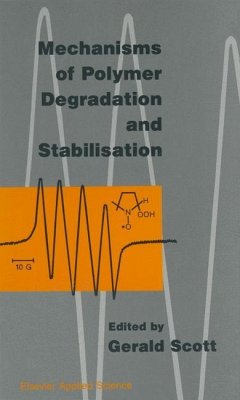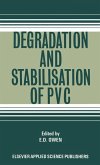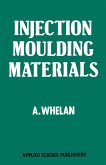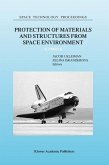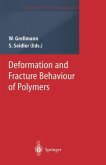The purpose of this publication is two-fold. In the first place it is intended to review progress in the development of practical stabilising systems for a wide range of polymers and applications. A complemen tary and ultimately more important objective is to accommodate these practical developments within the framework of antioxidant theory, since there can be little question that further major advances in the practice of stabilisation technology will only be possible on a firm mechanistic foundation. With the continual increase in the number of commercial anti oxidants and stabilisers, often functioning by mechanisms not even considered ten years ago, there is a need for a general theory which will allow the potential user to predict the performance of a particular antioxidant structure under specific practical conditions. Any such predictive tool must involve a simplified kinetic approach to inhibited oxidation and, in Chapter 1, Denisov outlines a possible mechanistic approach with the potential to predict the most useful antioxidant to use and the limits of its usefulness. In Chapter 2, Schwetlick reviews the current state of knowledge on the antioxidant mechanisms of the phosphite esters with particular emphasis on their catalytic peroxidolytic activity. Dithiophosphate v vi PREFACE derivatives show a similar behaviour but for quite different reasons and, in Chapter 3, AI-Malaika reviews information available from analytical studies, particularly using 31p_NMR spectroscopy, to elucid ate the complex chemistry that leads to the formation of the antioxidant -active agents.
Bitte wählen Sie Ihr Anliegen aus.
Rechnungen
Retourenschein anfordern
Bestellstatus
Storno

